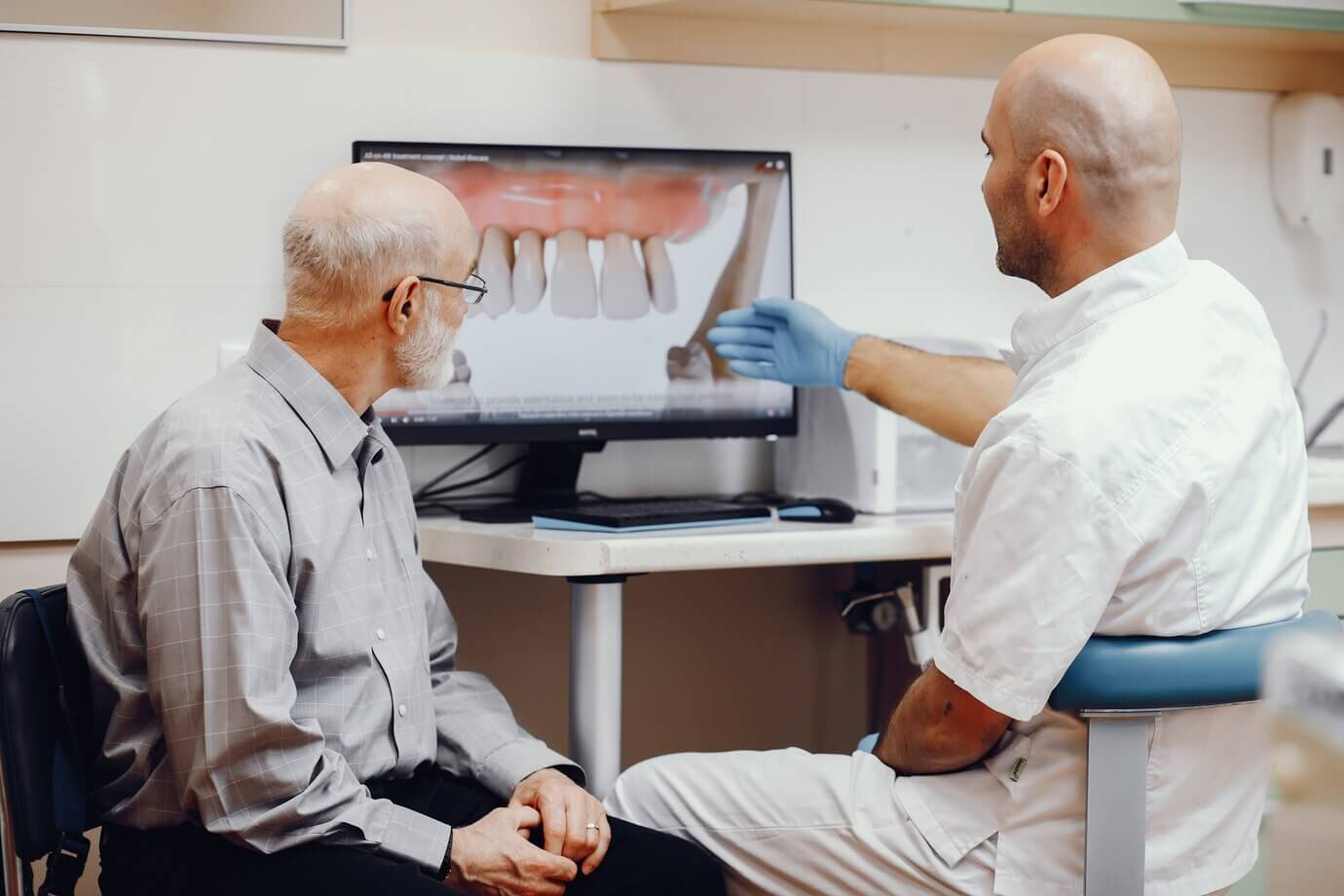Dental health is a decisive aspect of the overall well-being of the human body yet most Americans are unaware of how their health insurance covers dental services. Medicare the union health policy plan focuses on people of mature age 65 and older which is much misunderstood in this character. Still, many beneficiaries wonder: Does Medicare cover Dental?
In this article, we will be exploring the depths of Medicare’s dental coverage, especially looking into basic questions about Does Medicare cover Dental Implants. And what other options are open for those who need significant dental advice? We will also be discussing the additional coverage options which will include offers provided by a Medicare agent.
Understanding Medicare’s Coverage for Dental Services
Understanding how to apply for dental coverage under Medicare requires knowledge about the system itself. The Medicare program has several components, which include but are not limited to four distinctive segments, namely:
- Part A covers hospital insurance.
- Part B includes medical insurance for outpatient services.
- Part C, also known as Medicare Advantage, allows private companies to offer Medicare benefits.
- Part D focuses on prescription drug coverage.
However, neither Original Medicare (Part A and Part B) typically covers routine dental care. This lack of coverage includes common procedures like teeth cleanings, fillings, extractions, and dentures. So, for many beneficiaries, routine dental care is an out-of-pocket expense. However, there are exceptions in cases where dental care is medically necessary and connected to a covered health service, such as jaw reconstruction after an accident.
When Does Medicare Pay for Dental Services?
Only in case of emergency or major medical treatment, dental treatments can be covered under Medicare Part A, which includes hospitalizations. For instance, if you are hospitalized and require a dental operation before undergoing heart surgery or treatment for oral cancer diagnosis, Medicare may pay for these costs. However, this does not apply to aftercare dental services once the primary concern is over.
So, the short answer to does Medicare cover dental services is generally no, but there are rare exceptions.
Does Medicare Cover Dental Implants?
Due to tooth loss, dental implants are being utilized more often. But, is there Medicare coverage for dental implants? Unfortunately under Original Medicare, dental implants aren’t covered unless it’s proved that such treatment was necessary because of some other dependent operation and at that moment was an emergency related to this specific operation.
Medicare usually doesn’t consider dental implants as “medically necessary” thus requiring beneficiaries to pay for them in full. Implant operations could be costly, frequently amounting to several thousands of dollars therefore it is important to understand your coverage options before time. A lot of elderly people may look for private Medicare agents or supplemental insurance plans to fill the gap between n this kind of insurance.
Medicare and Dental Implants: What Are Your Options?
It is worth mentioning that dental implants are not covered by Original Medicare. However, some Medicare Advantage Plans (Part C) do offer dental coverage that may extend to implant-related services. Private insurers provide these plans, which often include additional benefits over Original Medicare. Some of these benefits include checkups, preventive care, X-rays and even in some instances dental implants.
It’s essential to compare Medicare Advantage plans carefully because coverage can vary significantly. Not every plan will cover implants, and some may offer only limited coverage. Consulting a local Medicare agent or an online Medicare plan comparison tool can help you navigate your options for finding a plan that includes dental care.
How to Get Dental Coverage Under Medicare
If beyond what it is provided in Original Medicare you need dental then many options will be acquired into consideration such: If beyond what it is provided in Original Medicare you need dental then many options will be acquired into consideration such as:
- Medicare Advantage Plans (Part C): As stated, these plans frequently package dental advantages together with various health insurance. Comparing these plans is important to see if they include the dental procedures that are required such as implants and other specialized treatments.
- Stand-Alone Dental Insurance Plans: They are untied to Medicare; however, they are available commercially by non-public organizations. To be precisely clear, these funds are designed to cover ordinary dental care and it also showcases procedures like tooth replacement like implants, crowns and bridges.
- Discount Dental Plans: They are not considered as insurance rather they offer certain reductions on various dental procedures done by involved dentists. If you do not require much treatment, these schemes might be cheaper alternatives.
- Medicare Supplement Plans (Medigap): Despite Medigap assisting with out-of-pocket expenditures incurred in connection with services covered by Medicare, typically it does not provide coverage for dental expenses. Nevertheless, combining a separate dental insurance plan alongside a Medigap policy can guarantee that there is total insurance coverage.
Conclusion
Medicare, although an amazing means of paying for health care, has huge inadequacies in terms of dental attention. For the majority of individuals, Original Medicare does not encompass common dental operations or specialized treatment such as dentures.
However, Medicare Advantage plans, such as those offered by Nicolle Colache, can provide dental coverage, including for implants in some cases. It’s essential to compare Medicare options thoroughly, perhaps with a Medicare agent, to ensure your dental needs are met.
By exploring all available options—whether through Medicare Advantage, stand-alone dental insurance, or other supplemental plans. You can protect both your health and your finances from the high cost of dental care.

